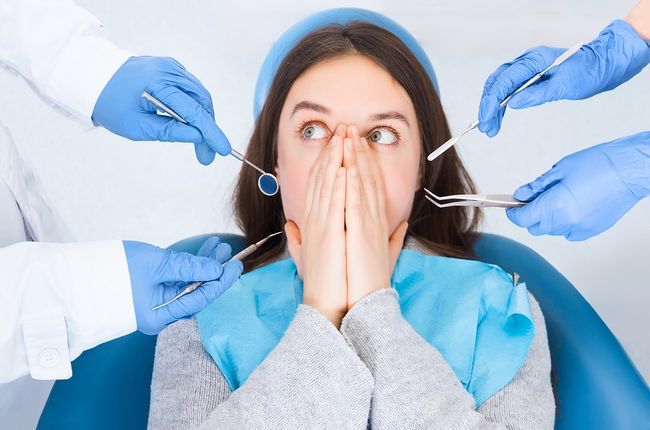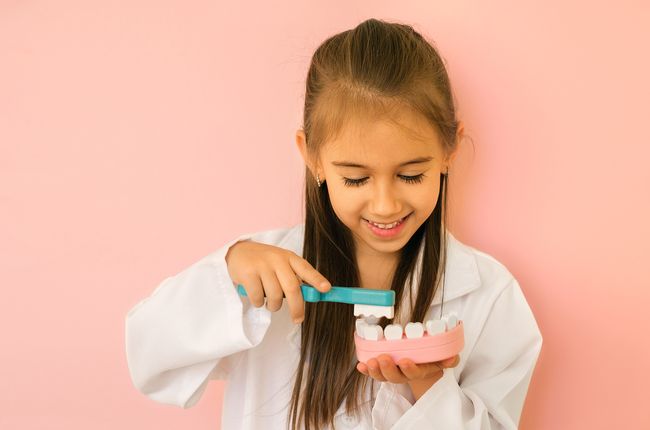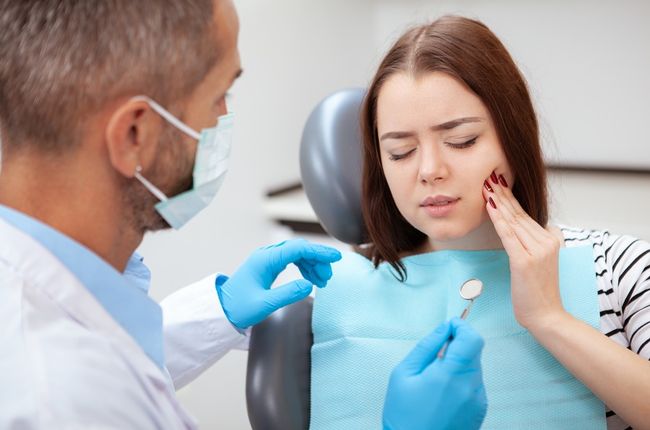Certain vitamins and minerals are essential for the maintenance of healthy teeth and gum tissues. These nutrients promote tooth enamel remineralization, which aids in preventing tooth decay. Also, they promote gum health, which prevents periodontal disease.
Vitamins are organic molecules that the body needs to function in a healthy way. They are essential for the metabolic process and aid in the digestion of foods. Many vitamins, such as vitamins A and C, can be found in fruits and vegetables. Other vitamins come from animal products and fortified foods such as cereals, milk, and bread. Certain medications can also deplete vitamin supplies in the body.
Calcium
Like vitamin D, calcium is an essential nutrient for the body. While the body can synthesize some of its own calcium through a healthy diet, it relies on external sources of calcium for supplementation. Without enough dietary calcium, the body will rob the bones and teeth of the mineral. This weakens the jawbone, and the jawbone will start to lose mass. As a result, the teeth will begin to shift and may eventually become impacted. A lack of calcium also causes gum irritation, so people who already suffer from gum disease are likely to experience exacerbated symptoms when calcium levels are low.
Vitamin D
Vitamin D is a fat-soluble vitamin that your body naturally makes from sun exposure and can be found naturally in some foods like fatty fish, beef liver, cheese, egg yolks, and others. It is also added to many food products as an additive. Vitamin D helps support the development and maintenance of healthy teeth and bones by regulating calcium and phosphorus levels in the body. A deficiency in vitamin D can lead to bone abnormalities such as osteomalacia or osteoporosis. In adults, vitamin D deficiency can also lead to the development of gum disease. This is because vitamin D supports the immune system and helps fight infection and inflammation in the gums. When your immune system is not functioning well, your risk for infections increases, as does the severity of the infection.
Vitamin K
This vitamin helps the body utilize calcium and is essential for healthy teeth, bones, gums, and the soft tissues of your mouth. As adults age, they are more likely to develop nutrient deficiencies, such as a lack of vitamin K. This is because it's found in fewer foods than it once was.
If you are deficient in vitamin K, you may notice that your teeth become discolored or bleed easily. You may also notice that your gums are red, swollen, painful, and tender to the touch. In some cases, patients develop canker sores, which are small ulcers in the mouth. In extreme cases, patients with low vitamin K levels can develop osteoporosis, which is a condition characterized by weak and brittle bones.
Iron
There are links between iron deficiency and oral health. The most common one is iron-deficiency anemia, which causes you to feel tired and weak. You may also experience headaches and cold-like symptoms. Severe cases of anemia can result in brittle or discolored nails, pale skin, shortness of breath, and even chest pains. All of these symptoms can make it more difficult to keep up with your oral hygiene routine. Anemia can also weaken your immune system and make you more vulnerable to infection.
Zinc
If you're deficient in zinc, you may experience thinning of the gums and tissue. This can lead to bleeding during oral surgery and dental procedures. Since your body is unable to produce it on its own, it's important to get an adequate intake through your diet. Some foods high in zinc include seafood, poultry, beans, nuts, dairy, whole grains, and dark leafy greens.
Another possible effect of low zinc levels is the development of white spots on the fingernails. This is a result of having low levels of keratin or protein in your fingernail bed. While there are topical treatments for this problem, it's best to address the underlying cause for the best results.
To learn more about our services or to schedule an appointment with our dentist in Murrieta, contact our office today!
More Blog Posts
Office Hours
MON - SAT9:00 am - 6:00 pm
SUNClosed















